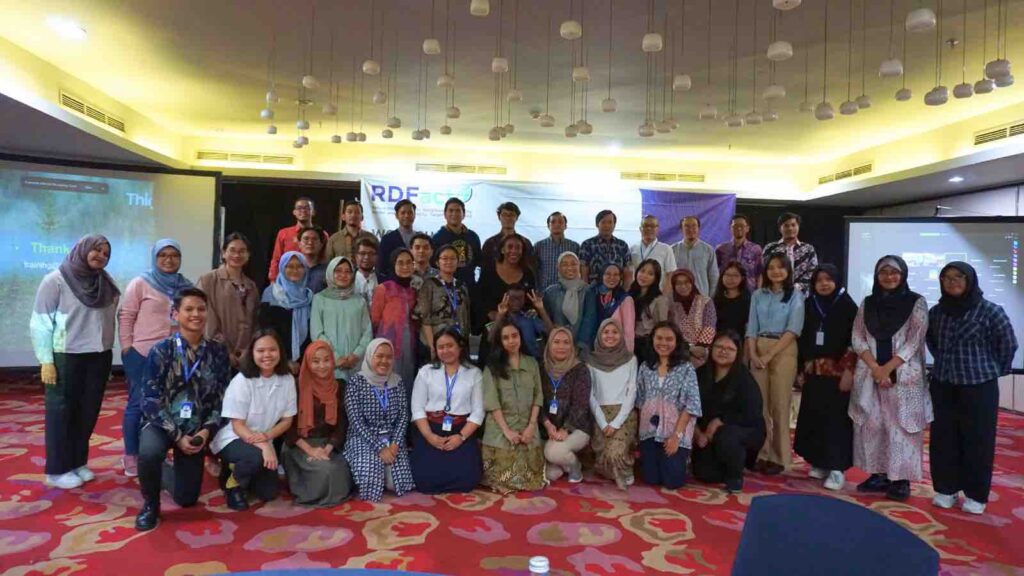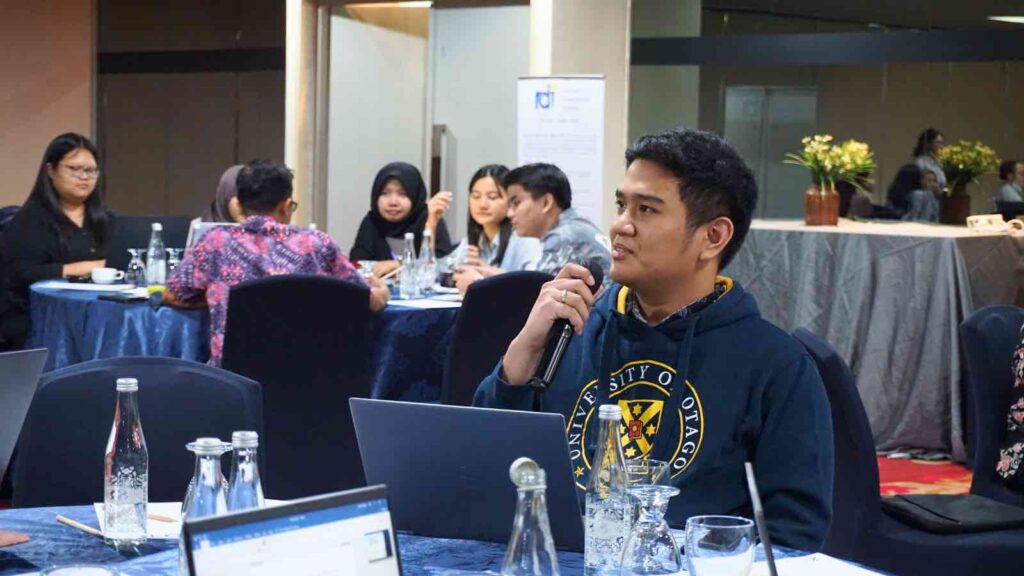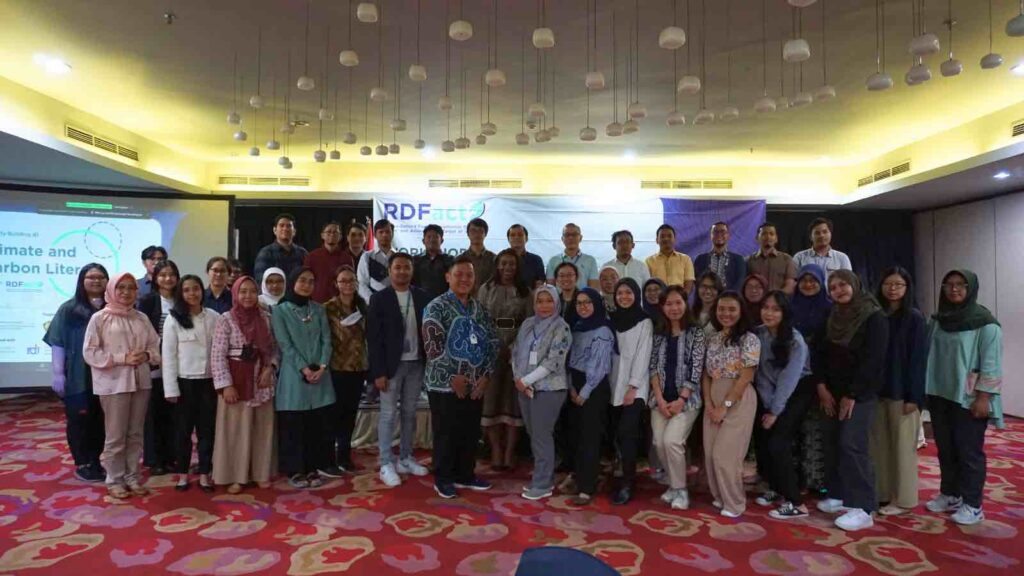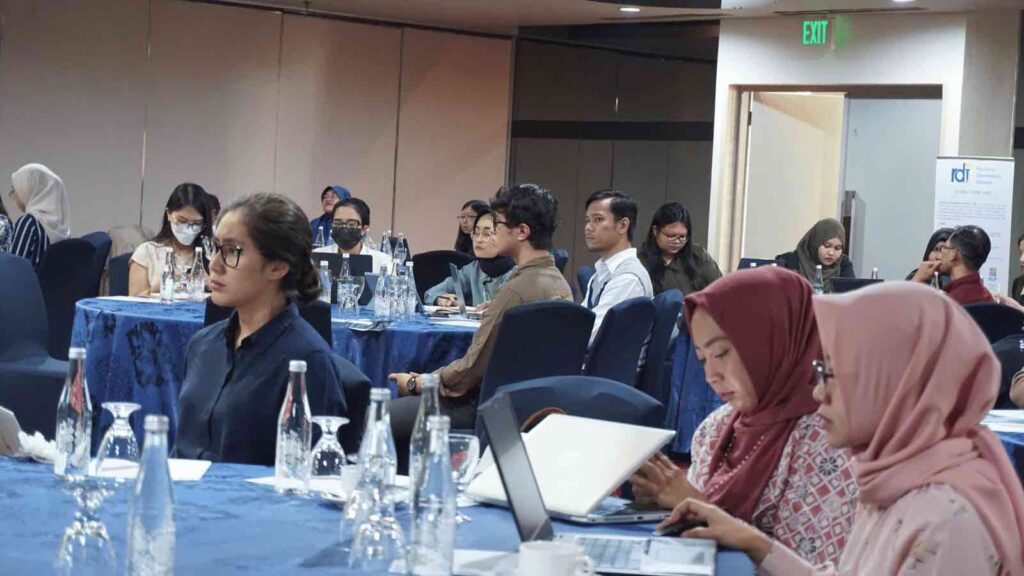The Climate and Carbon Literacy Training signifies the first step towards climate correction – a move towards a more educated, more responsible, and more proactive response to the climate crisis.
June 22nd and 23rd, 2023 marked a new era of climate consciousness and environmental responsibility. As part of the RDFact project, Resilience Development Initiative (RDI) joined forces with ThinkZero, led by the visionary Dr. Cle-Anne Gabriel, to embark on a transformative journey of Climate and Carbon Literacy.
RELEVANT SUSTAINABLE GOALS


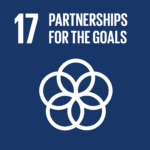
Endorsed by an impressive consortium of influential stakeholders, the RDFact project is generously funded by Australia’s Department of Climate Change, Energy, Environment, and Water. The Ministry of Energy and Mineral Resources Indonesia provides steadfast support, while leading academic institutions – the University of Queensland and the National Research and Innovation Agency (BRIN) – add their scholarly heft to the collaboration. The training program, envisaged as a powerful catalyst for change, seeks not just to enlighten participants, but to inspire and motivate them to become active players in the global effort against climate change. This joint endeavor promises to reshape our understanding of climate and carbon literacy, galvanizing a collective march towards a more sustainable and resilient future.
The two-day immersive event placed emphasis on comprehensive climate education and personal empowerment, shedding light on the pressing issue of climate change and sparking a global call to action.
Climate Literacy: Day 1 of Transformation
Day 1 journeyed through the complex landscapes of Climate Literacy. With a session on “Net-zero Explained,” participants gained in-depth knowledge about the strategies and imperatives of achieving net-zero emissions. The exploration of this topic enabled a clear understanding of the balance between the emission produced and removed from the atmosphere.
The first panel, with representatives from KADIN Net Zero Hub, dissected how businesses can morph into sustainability leaders, illuminating the integral nature of cross-industry collaboration, innovation, and the sharing of best practices. Concurrently, the second panel, guided by policy experts from WRI Indonesia, underscored the significance of robust regulations and incentives in promoting sustainable industries. They stressed the need for comprehensive stakeholder engagement and strategic partnerships to effect substantial, long-lasting change. Not to be outdone, the third panel, steered by the team at PT Waste4change Alam Indonesia, delved into the potential of a circular economy. This concept, where waste is minimized and resources are continually reused, provides an innovative solution to industry sustainability. These discussions collectively encapsulate the multifaceted approach to climate and carbon literacy, and our shared journey towards a greener future.
Gabriel, known for her insightful and engaging teaching style, addressed the crucial collaboration needed between industry and government to effectively tackle the climate crisis. Emphasizing collective action, she highlighted how the shared responsibilities of both sectors are instrumental in implementing sustainable practices and policies.
The day was punctuated by a MIT EN-ROADS simulation, allowing participants to witness the future of climate change mitigation strategies. This hands-on experience, interspersed with group activities and open discussions, further solidified their understanding and commitment to the cause.
Carbon Literacy: Day 2 of Empowerment
Day 2 pivoted to the world of Carbon Literacy, underlining the importance of measuring and reducing carbon emissions. Gabriel led participants on a journey towards a low-carbon future, emphasizing the advantages of robust greenhouse gas (GHG) accounting within organizations. Real-world case studies from Australia demonstrated successful carbon reduction initiatives, while an introduction to carbon pricing and markets revealed how economic mechanisms could incentivize sustainable practices.
During the panel discussion on “Utilizing carbon finance for low-carbon development in Indonesia,” PT Sarana Multi Infrastruktur, emphasized the potential of green funds in driving sustainable infrastructure projects, offering insights into various funding models.
Meanwhile, the Southpole-led panel shifted focus to the global voluntary carbon market, outlining its significance in promoting emission reductions and worldwide sustainability. Lastly, the Indonesia Carbon Trade Association emphasized the necessity of education and collaboration in enabling the private sector to participate effectively in carbon markets, thereby furthering Indonesia’s low-carbon goals.
Each discussion, in its unique way, highlighted pivotal strategies – from utilizing carbon finance for sustainable infrastructure, active engagement in the voluntary carbon market, to private sector’s educated participation in carbon trading, all crucial in steering Indonesia towards a sustainable future.
Throughout the event, Gabriel’s mantra of “Be a part of something bigger” echoed, instilling in participants a sense of urgency and a call to action. The newfound knowledge equipped them with the tools necessary to make impactful changes in their personal and professional lives.
Taking Action Beyond the Event
Following the event, the ripple effects were immediate. One participant shared their experience, “The most memorable moment for me in this training program was understanding the net zero concept… net zero actually involves compensating for the emissions that have already been present in the atmosphere from the past.” This newfound understanding inspired the participant to share knowledge within their team and advocate for climate action within their industry.
Catalyzing Global Change
As the event concluded, participants were left with more than just knowledge – they carried with them the determination to take action. The Climate and Carbon Literacy training event successfully sowed the seeds of change, empowering individuals to make meaningful contributions towards a sustainable future.
If we are to stand a chance against climate change, the path forward must be paved with education, empowerment, and most importantly, action. Becoming climate and carbon literate is no longer an option but a necessity. The time to act is now. Be a part of something bigger. Be a part of the solution. Be a part of our sustainable future.
The Climate and Carbon Literacy Training stands as a beacon of hope in a world threatened by climate change. It has the power to reshape our relationship with the environment and instill in us the knowledge and determination needed to create a more sustainable and resilient future.
All images courtesy of Resilience Development Initiative (RDI).
You may also be interested in :
Green Careers Unleashed : The 5 Most In-Demand Job Fueling An Inclusive And Sustainable Future


